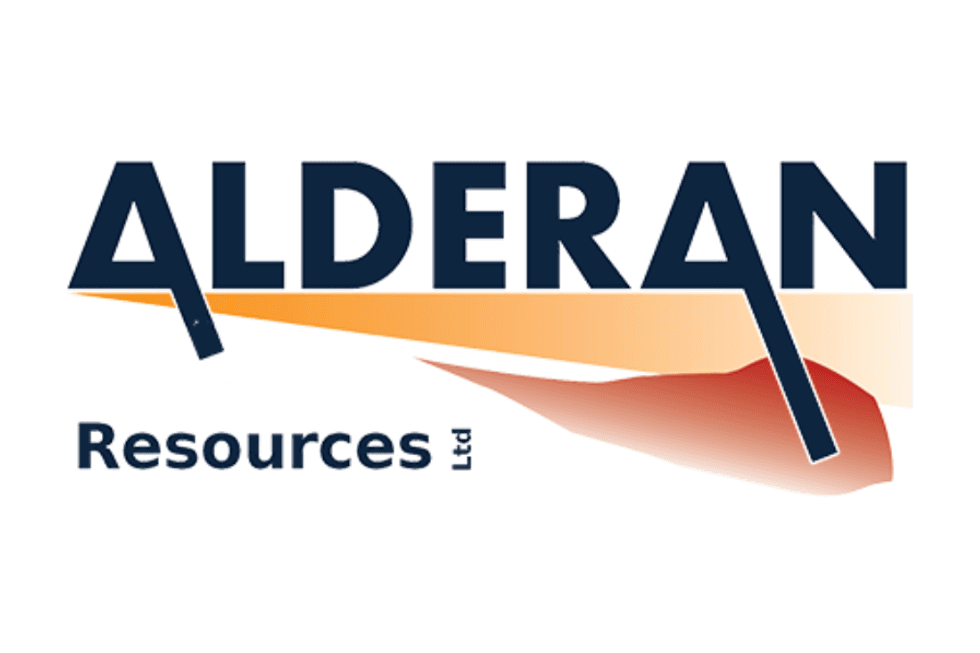Alderan Intersects 30m Copper Mineralised Zone at New Years Copper

However, the unique and fragile ecosystems found in these deep waters are poorly understood, and scientists argue that mining operations could have unintended consequences.
Greenpeace’s report, published on Friday (September 20), outlines several potential risks associated with seabed mining. The removal of seafloor habitats, disturbance of underwater ecosystems and the release of toxic sediments could alter the marine food chain and affect species such as whales, dolphins and deep-sea corals.
These organisms, which thrive in cold, nutrient-rich waters, are particularly sensitive to changes in their environment, and even small disruptions could have long-lasting impacts.
Activists and researchers are calling for Norway to reconsider its deep-sea mining strategy, emphasizing that more time is needed to study the region’s ecology before proceeding with industrial activity.
Norway previously committed to managing 100 percent of its ocean areas sustainably by 2025 as part of the High Level Panel for a Sustainable Ocean Economy. Critics believe its deep-sea mining plans run counter to these commitments.
Haldis Tjeldflaat Helle, a campaigner for Greenpeace Nordic, voiced concerns over the inconsistency between Norway’s environmental pledges and its push for industrial expansion.
“The measure of a nation’s success is not how many promises it makes, but how it honors them and how much of its ecosystem is safeguarded for present and future generations,” she said. “While Norway claims to be a respectable nation with responsible policies on ocean management, it’s rolling out the red carpet for deep sea mining companies to deploy machines that will cause irreversible harm to the Arctic’s unique and vulnerable biodiversity.”
Norway is pressing ahead with its plans, backed by companies eager to tap into the region’s mineral wealth.
Loke Marine Minerals, a startup founded in 2019, is one firm vying for exploration licenses. The company aims to extract minerals such as cobalt and manganese from the Arctic seabed using advanced robotic technology.
Another Norwegian company, Green Minerals (FWB:F5P), is also looking to explore the Arctic seabed for resources, with a focus on extracting copper from seafloor massive sulfide deposits. Green Minerals CEO Ståle Monstad has said that test mining could start as early as 2028, depending on the outcome of exploratory research.
Industry experts believe deep-sea mining could potentially reduce the environmental damage caused by land-based mining. Proponents argue that the concentration of valuable metals in deep-sea deposits is higher compared to on-land deposits, meaning that less material would need to be extracted to meet global demand.
However, environmental groups caution that this does not justify the risks posed to Arctic ecosystems, which remain some of the least understood and most vulnerable on the planet. The Norwegian Institute of Marine Research has recommended a pause of five to 10 years on…
Read More: Alderan Intersects 30m Copper Mineralised Zone at New Years Copper
